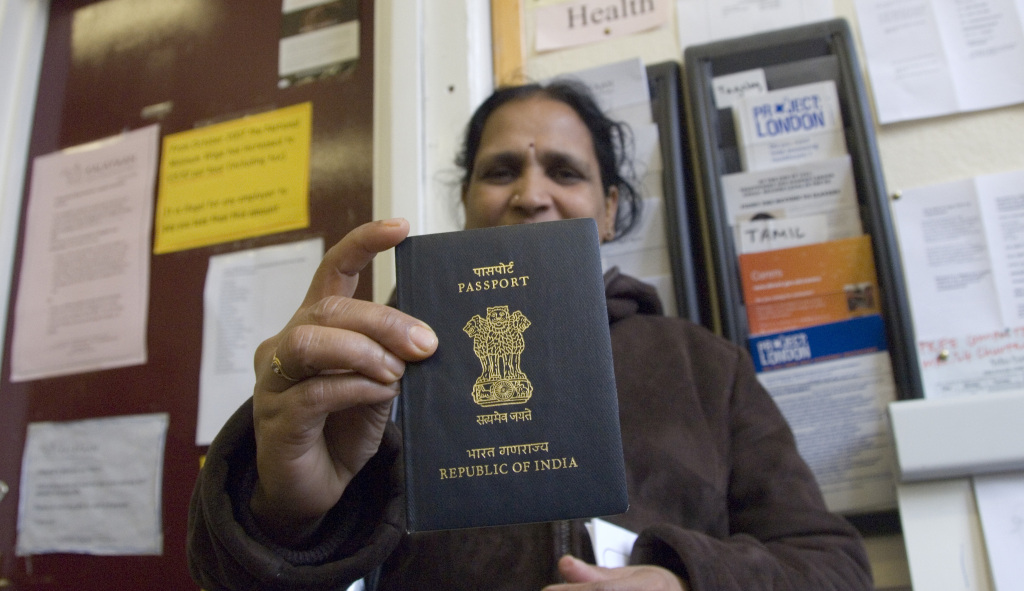
Click here to see Kalayaan’s briefing on the consequences of the Government proposals for migrant domestic workers and the reasoning behind the proposals, which is found to be flawed.
On the 9th June 2011 the Government announced a Consultation on Employment Related Settlement, Tier 5 and Overseas Domestic Workers.
Kalayaan condemns these proposals which, if made law, could mean a return to slavery for migrant domestic workers in the UK.
They include options to either abolish the route for migrant domestic workers to enter the UK, leaving them open to being brought into the UK by employers through informal routes in breach of immigration controls, or to restrict them to a 6 or 12 month non renewable visa, and to remove the right to change employers even if severely abused.
Removing the right to change employer would mean a return to bonded labour. The visa has been recognised as the main protection for this group of workers who are already especially vulnerable to severe exploitation including slavery and trafficking for domestic servitude. Removing the visa altogether would increase trafficking via illegal routes and unlawful working leaving those workers believing they are unable to contact the authorities for assistance and with few if any enforceable rights. Limiting the length of the visa makes it likely that unscrupulous employers would keep workers working for them beyond the length of the visa, again without any recourse to meaningful legal protection against even severe exploitation.
The Government claims that anti trafficking measures can replace protections provided by the visa. Kalayaan, together with many others working with victims of trafficking, hve real doubts about how effective these measures are in practice for all victims. Nor do anti trafficking protections do anything to protect an individual before they are trafficked or to assist those who have been severely exploited but whose abuse does not meet all the trafficking criteria.
It is vital that we take action now, before these proposals are implemented. Please watch this space for campaign actions and please do get involved to prevent this move towards state sanctioned slavery.









